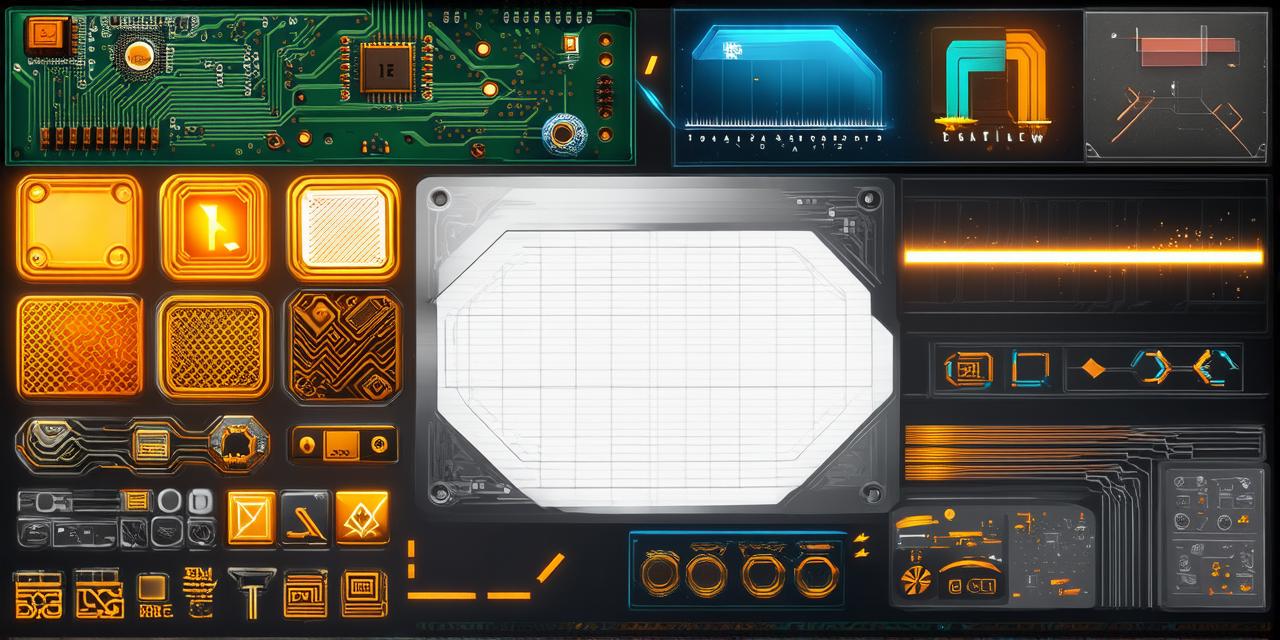
Alpha Stage
The alpha stage is the initial phase of game development, where the game is in its infancy. This stage involves creating a prototype or a functional version of the game, which developers use to test various features, mechanics, and systems. The goal of the alpha stage is to identify and fix major issues before moving on to the next stage.
In this phase, developers often focus on implementing core gameplay mechanics, designing levels and characters, and programming AI and other complex features. They also work on optimizing the game’s performance and ensuring that it runs smoothly. At the end of the alpha stage, developers have a working prototype that they can use to gather feedback from beta testers and players.
Beta Stage
The beta stage is the next phase in game development, where developers invite a group of beta testers to play and test the game. The goal of the beta stage is to refine and improve the game based on feedback from beta testers and players. During this phase, developers work on fixing bugs, adding new features, and improving the game’s overall performance.
The beta stage is often more challenging than the alpha stage because developers have a larger pool of players to consider. Beta testers come from diverse backgrounds, and their feedback can be unpredictable, making it harder to identify and fix issues. However, by gathering feedback from beta testers, developers can create a game that is more polished and enjoyable for the end-users.
Case Studies
Let’s look at some real-life examples of how the alpha and beta stages work in practice.
1. Fortnite
Fortnite is a popular battle royale game that has been in development since 2017. In its early stages, developers focused on creating a functional version of the game, which they released to a small group of players. They then used feedback from these players to refine and improve the game’s mechanics, graphics, and sound.
As Fortnite grew in popularity, Epic Games expanded the beta program, inviting more players to test the game. During this phase, developers worked on optimizing the game’s performance, adding new features such as cross-platform play and in-game events, and fixing bugs reported by players.
2. Cyberpunk 2077
Cyberpunk 2077 is a science fiction role-playing game that was developed by CD Projekt Red for release in 2019. The development team faced numerous challenges during the alpha and beta stages, including delays due to technical issues and the need to rework significant parts of the game.
Despite these challenges, CD Projekt Red continued to refine and improve the game based on feedback from players and beta testers. They added new features such as a photo mode and a driving system, fixed bugs reported by players, and optimized the game’s performance for different platforms.
Personal Experience
As a game developer, I have experienced both the alpha and beta stages firsthand. In the alpha stage, developers focus on creating a functional version of the game that they can use to gather feedback from beta testers. During this phase, we work closely with our team members to ensure that the game runs smoothly and identify any issues that need fixing.
In the beta stage, we invite a group of players to test the game and provide feedback. We work on refining the game based on this feedback, adding new features, and fixing bugs. The beta stage is often more challenging than the alpha stage because we have to deal with a larger pool of players, each with their own unique perspective.
FAQs
Here are some frequently asked questions about the alpha and beta stages in game development:
Q: What is the difference between alpha and beta stages in game development?
A: The alpha stage involves creating a functional version of the game that developers use to test various features, mechanics, and systems. The beta stage involves inviting a group of players to play and test the game, with the goal of refining and improving it based on feedback.
Q: How long does the alpha and beta stage usually last?
A: The length of the alpha and beta stages can vary depending on the complexity of the game and the development team’s resources. In some cases, these stages can last several months, while in others, they may only last a few weeks.
Q: What happens if major issues are found during the alpha or beta stage?
A: If major issues are found during the alpha or beta stage, developers will work to fix them before moving on to the next stage. In some cases, these issues may require significant changes to the game’s mechanics or systems, which can delay the release date.
Conclusion
The alpha and beta stages are crucial phases in game development that determine the success of a game. During these stages, developers focus on creating a functional version of the game that they can use to test various features, mechanics, and systems. They also work on refining the game based on feedback from beta testers and players.
By understanding the importance of these two stages and how they work in practice, game developers can create games that are more polished, enjoyable, and successful. As a game developer myself, I can attest to the challenges and rewards of working through these stages and creating a game that players will love.



